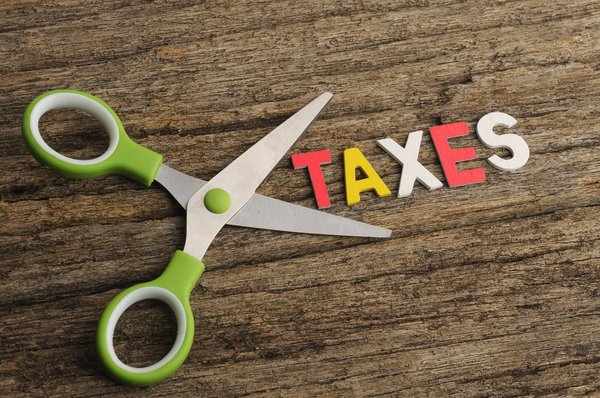Key takeaways
- There are no FAFSA income limits in 2023.
- The Department of Education will consider the cost of attendance and the EFC to arrive at a student's financial aid award.
- There are a variety of special considerations that the Department of Education take into account when determining a student's financial assistance.
In preparing to complete the Free Application for Federal Student Aid (FAFSA), students may speculate that their financial assistance opportunities will be limited due to FAFSA income limits. This is certainly a valid consideration, and it's simply one of many that prospective college students face as they prepare to embark on their higher education journeys.
While there won't be a quiz or test, it's a good idea to brush up on FAFSA income limits in 2023 and some other considerations for FAFSA loans.

Are there income limits?
Are there income limits to apply for FAFSA?
Fortunately for students, there are no income limits that prevent them from qualifying for student loans and other financial assistance in 2023. The majority of students who meet some basic requirements -- they have financial need, they're U.S. citizens or eligible noncitizens, and they're enrolled in an eligible degree or certificate program to name a few -- will qualify to receive financial assistance.
But a family's income may affect the amount of aid that students receive. The U.S. Department of Education considers the student's cost of attendance -- a variety of expenses beyond tuition -- and it calculates the Expected Family Contribution (EFC) to help determine the amount of financial aid that students are awarded. Using a formula established by law, the department considers a family's taxed and untaxed income, assets, and benefits to determine the EPC, which is the amount of money a family can theoretically afford to pay for college.
Special considerations
Special considerations for FAFSA loans
In addition to the EFC and the costs of attendance, the Department of Education takes into account a variety of particular circumstances when determining financial assistance.
- Students with a parent killed in Iraq/Afghanistan: If a parent died as a result of military service in Iraq or Afghanistan, students may qualify for additional Federal Pell Grant funding or for an Iraq and Afghanistan Service Grant.
- Students with green cards: If you have a "green card," you are considered an eligible noncitizen and can receive financial assistance if you meet other basic criteria.
- Students with criminal convictions: If you're confined or incarcerated in a federal or state facility, you may be eligible for a Federal Pell Grant; however, you can't receive federal student loans.
- Students with intellectual disabilities: In addition to Pell Grants, those with intellectual disabilities may receive funding from Federal Supplemental Educational Opportunity Grants and Federal Work-Study programs.
- Homeless students: There isn't a specific program for those who are homeless, but students may receive financial assistance if they meet other eligibility criteria.
- Students in foster care: Although there aren't specific opportunities for those who were in foster care, students may receive financial assistance if they meet other eligibility criteria.
Related investing topics
Should you apply?
Should you submit the FAFSA?
Even if you're fortunate enough to have a savings account or an investment account to help pay for college, completing the FAFSA is a smart move as you embark on your pursuit of higher education. From institutional grants to federal work-study programs, there are a wide variety of financial assistance opportunities available to students that help pay for college, but many of them require completion of the FAFSA.
FAFSA FAQs
What is the maximum income to qualify for FAFSA?
There's no income limit that precludes students from qualifying for student aid, so they should complete the FAFSA, regardless of their family income.
What disqualifies you from FAFSA?
You may lose eligibility to receive student aid if you don't make adequate academic progress. From not receiving high enough grades to not completing enough classes, there are a variety of reasons why a school can decide that a student is not progressing sufficiently towards graduation, resulting in a disqualification for student aid in the following academic year.




























